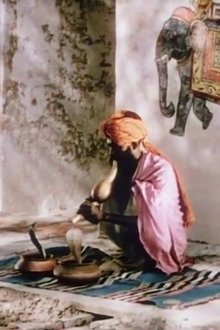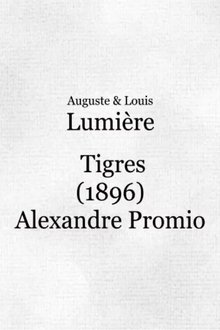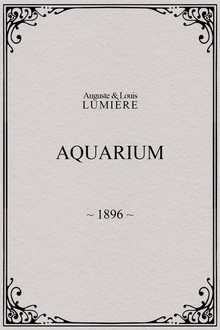Thanks to a remarkable discovery in the BBC's film vaults, the best of David Attenborough's early Zoo Quest adventures can now be seen as never before - in colour - and with it the remarkable story of how this pioneering television series was made. First broadcast in December 1954, Zoo Quest was one of the most popular television series of its time and launched the career of the young David Attenborough as a wildlife presenter. Zoo Quest completely changed how viewers saw the world - revealing wildlife and tribal communities that had never been filmed or even seen before. Broadcast 10 years before colour television was seen in the UK, Zoo Quest was thought to have been filmed in black and white, until now. Using this extraordinary new-found colour film, together with new behind-the-scenes stories from David Attenborough and cameraman Charles Lagus, this special showcases the very best of Zoo Quest to West Africa, Zoo Quest to Guiana and Zoo Quest for a Dragon in stunning HD colour.
Related Movies
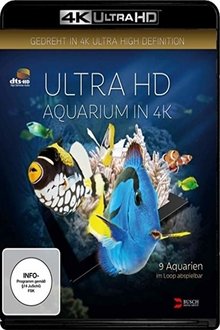
Aquarium (2016)
Turn your TV into an ultra-sharp aquarium. Shot in 4K Ultra High Definition! Immerse yourself in the fascinating world of aquaristics. In the world's largest pet shop - at Zajac Zoo in Duisburg - we have selected 9 highlights for you from over 1,000 saltwater aquariums and presented them at the highest technical level. This Blu-ray Disc was produced with RED EPIC cameras in 4K Ultra HD, in a resolution 4 times higher than Full HD. The recordings offer unprecedented brilliance and stunning plasticity, created for the latest generation of UHD, plasma, LED and OLED TVs. Enjoy picture quality in perfection, pin sharp, indescribably plastic and ultra-realistic. Perfect for presentation on 4K UHD TVs!
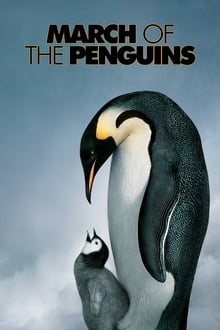
March of the Penguins (2005)
Every year, thousands of Antarctica's emperor penguins make an astonishing journey to breed their young. They walk, marching day and night in single file 70 miles into the darkest, driest and coldest continent on Earth. This amazing, true-life tale is touched with humour and alive with thrills. Breathtaking photography captures the transcendent beauty and staggering drama of devoted parent penguins who, in the fierce polar winter, take turns guarding their egg and trekking to the ocean in search of food. Predators hunt them, storms lash them. But the safety of their adorable chicks makes it all worthwhile. So follow the leader... to adventure!!
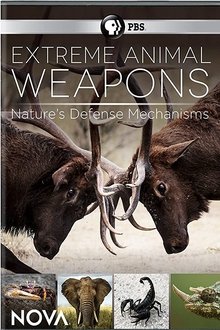
Extreme Animal Weapons (NaN)
NOVA: Extreme Animal Weapons From lobster claws and dog teeth to bee stings and snake fangs, every creature depends on a weapon. But some are armed to extremes that make no practical sense - whether it's bull elks with giant 40-pound antler racks or tiny rhinoceros beetles with horns bigger than their body. What explains giant tusks, horns and claws that can slow an animal down and even impair health and nutrition? Showcasing astonishing wildlife cinematography, Extreme Animal Weapons investigates the riddle of outsize weaponry and uncovers a bold new theory about what triggers an animal arms race. In creatures as varied as dung beetles and saber-toothed tigers, shrimp and elephants, the same hidden factors trigger the race and, once started, these arms races unfold in exactly the same pattern. In this enthralling special, NOVA cracks the secret biological code that underlies nature's battleground.
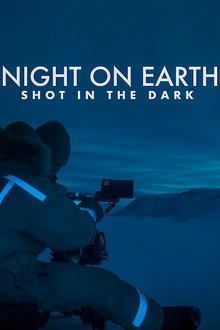
Night on Earth: Shot in the Dark (2020)
This look behind the scenes shows how worldwide camera crews climbed, dived and froze to capture the documentary's groundbreaking night footage.
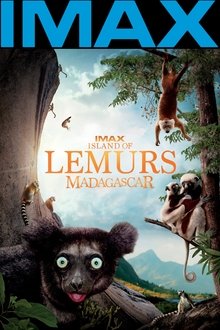
Island of Lemurs: Madagascar (2014)
The incredible true story of nature’s greatest explorers—lemurs. Through footage captured with IMAX 3D, audiences go on a spectacular journey to the remote and wondrous world of Madagascar. Join trailblazing scientist Patricia Wright on her lifelong mission to help these strange and adorable creatures survive in the modern world.

The Journey of Man: A Genetic Odyssey (2003)
Many geneticists and archaeologists have long surmised that human life began in Africa. Dr. Spencer Wells, one of a group of scientists studying the origin of human life, offers evidence and theories to support such a thesis in this PBS special. He claims that Africa was populated by only a few thousand people that some deserted their homeland in a conquest that has resulted in global domination.
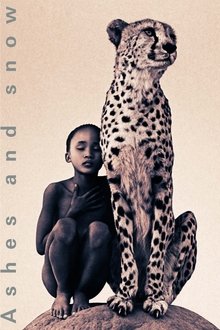
Ashes and Snow (2005)
Ashes and Snow, a film by Gregory Colbert, uses both still and movie cameras to explore extraordinary interactions between humans and animals. The 60-minute feature is a poetic narrative rather than a documentary. It aims to lift the natural and artificial barriers between humans and other species, dissolving the distance that exists between them.
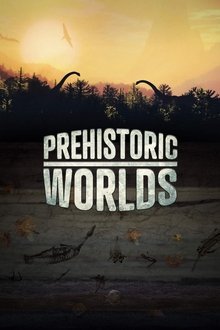
Prehistoric Worlds (2020)
Five times, Earth has faced apocalyptic events that swept nearly all life from the face of the planet. What did these prehistoric creatures look like? What catastrophes caused their disappearance? And how did our distant ancestors survive and give rise to the world we know today?
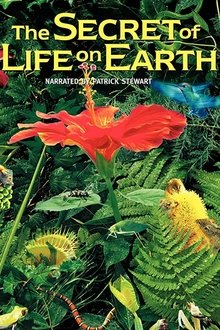
The Secret of Life on Earth (1993)
A breathtaking adventure across five continents and through time to reveal nature's most vital secret. Watch a flying fox gorge itself on a midnight snack of figs. Climb into the prickly jaws of insect-eating plants. Witness a mantis disguised as a flower petal lure its prey to doom.
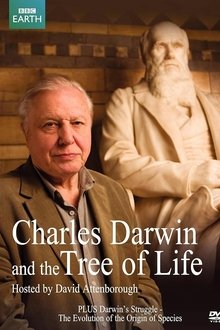
Charles Darwin and the Tree of Life (2009)
Darwin's great insight – that life has evolved over millions of years by natural selection – has been the cornerstone of all David Attenborough’s natural history series. In this documentary, he takes us on a deeply personal journey which reflects his own life and the way he came to understand Darwin’s theory.
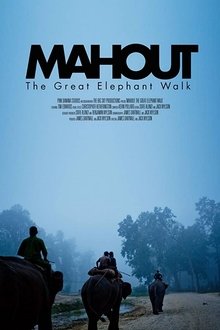
Mahout: The Great Elephant Walk (2014)
Imagine walking some of the largest land animals in existence across one of the most densely populated regions on earth. Intelligent, majestic and awe-inspiring, Elephants have a long and fascinating history with man. On this epic journey we experience the modern day relationship between man and beast.
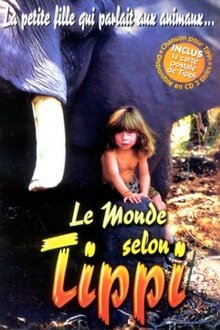
The World According to Tippi (1997)
Tippi is no ordinary child. She believes that she has the gift of talking to animals and that they are like brothers to her. 'I speak to them with my mind, or through my eyes, my heart or my soul, and I see that they understand and answer me.' Tippi is the daughter of French filmmakers and wildlife photographers, Alain Degre and Sylvie Robert, who have captured her on film with some of Africa's most beautiful and dangerous animals. Tippi shares her thoughts and wisdom on Africa, its people and the animals she has come to know and love. Often her wisdom is beyond her years, and her innocence and obvious rapport with the animals is both fascinating and charming.
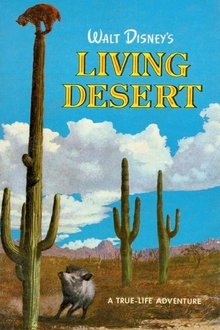
The Living Desert (1953)
Although first glance reveals little more than stones and sand, the desert is alive. Witness moving rocks, spitting mud pots, gorgeous flowers and the never-ending battle for survival between desert creatures of every shape, size and description.
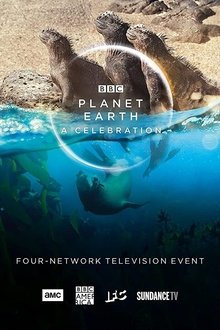
Planet Earth: A Celebration (2020)
David Attenborough, Hans Zimmer and Dave unite for a special Natural History event – Planet Earth: A Celebration. The special one-hour programme brings together eight of the most extraordinary sequences from Planet Earth II and Blue Planet II including racer snakes vs iguana, surfing bottlenose dolphins and rare footage of the Himalayan snow leopard. Featuring new narration from David Attenborough, new compositions and arrangements from Hans Zimmer, Jacob Shea and the team at Bleeding Fingers and performed by the BBC Concert Orchestra, accompanied by Brit and Mercury Award-winning UK rapper Dave. In these extraordinary times, there is one thing that can offer solace to everyone – the wonder of the natural world.
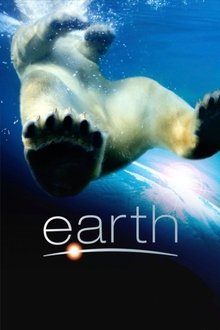
Earth (2007)
An epic story of adventure, starring some of the most magnificent and courageous creatures alive, awaits you in EARTH. Disneynature brings you a remarkable story of three animal families on a journey across our planet – polar bears, elephants and humpback whales.
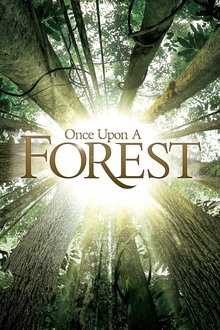
Once Upon a Forest (2013)
With Once Upon a Forest, Luc Jacquet invites the spectator into a never-before-seen world of natural wonder and staggering beauty. “For the first time, we will be able to watch a rain forest growing before our eyes…Only cinema can offer this unique voyage into a completely untamed universe, a world of perfect balance in which each living thing – from the smallest to the largest – plays an essential role. The film will deliver a complete sensory immersion in the primaeval splendor of one of nature’s richest mysteries, inviting the audience to enter, discover and marvel at a universe of untold treasures while joining its voice to the ever-growing awareness of the need to preserve our world.”
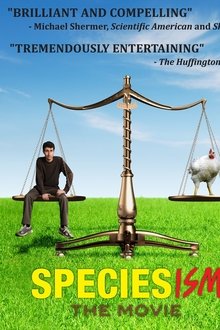
Speciesism: The Movie (2013)
Modern farms are struggling to keep a secret. Most of the animals used for food in the United States are raised in giant, bizarre factories, hidden deep in remote areas of the countryside. Speciesism: The Movie director Mark Devries set out to investigate. The documentary takes viewers on a sometimes funny, sometimes frightening adventure, crawling through the bushes that hide these factories, flying in airplanes above their toxic manure lagoons, and coming face-to-face with their owners.
